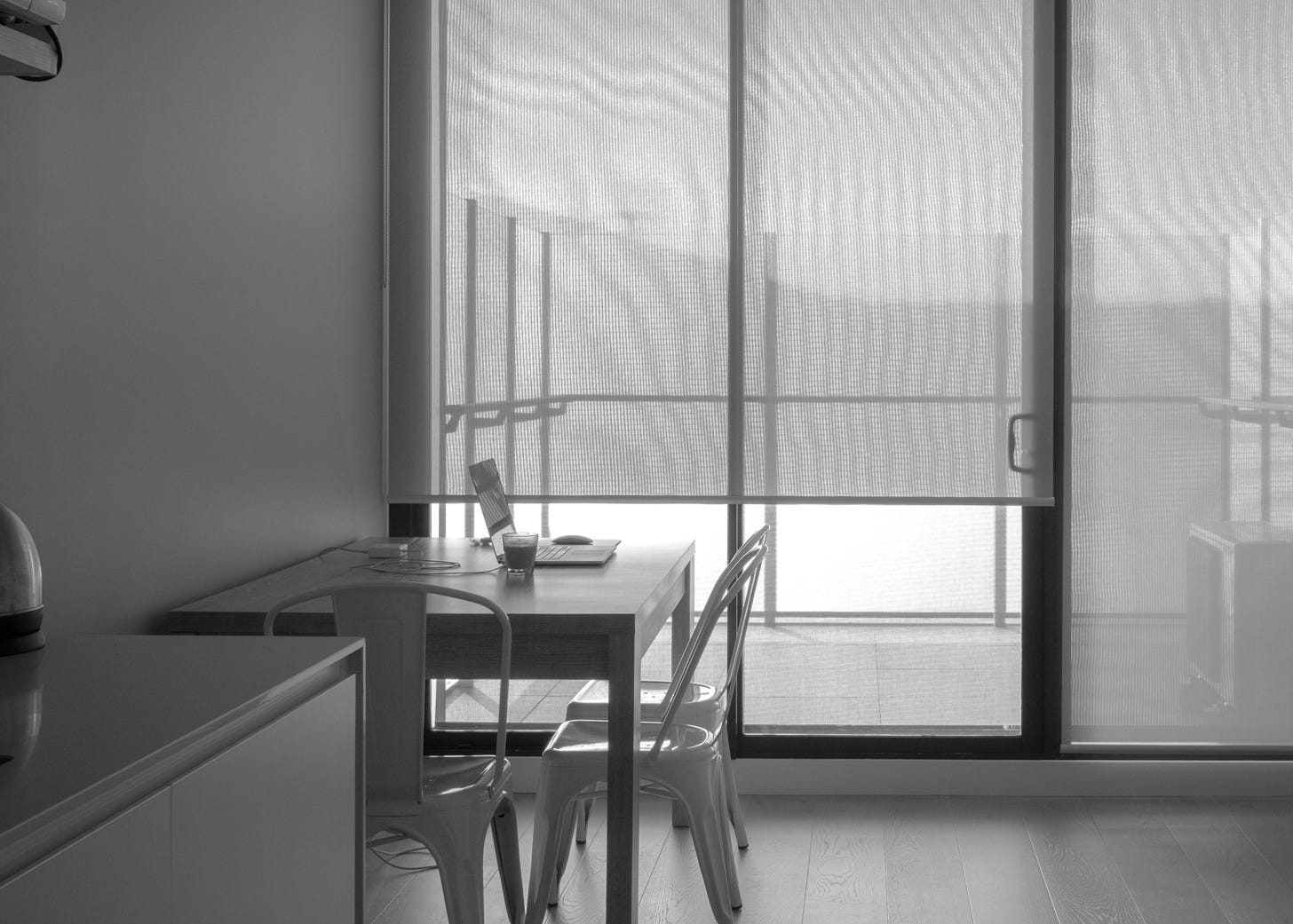Enough
The most overlooked decision in modern life
“I’ve got something he can never have; the knowledge that I’ve got enough”, was Joseph Heller’s response to his author friend, Kurt Vonnegut, who had teased him about the possibility that the Shelter Island billionaire, host of the party they were attending that night, had made more money the other day than what Heller’s famous novel Catch-22 had made since first published.
The story above is what Jack Bogle, the founder of Vanguard and the pioneer of low-cost index investing, opened his 2008 book “Enough: True Measures of Money, Business, and Life”. Bogle passed away in 2019, at the age of 89, with an estimated net worth of $US80 million. At that time, Vanguard had over $US5 trillion under management.
By all accounts, Joseph and Jack practiced what they preached, and they lived a very fulfilling life. Unfortunately, many of us have a lot to do when it comes to choosing enough over more.
The Trap
Consciously and subconsciously we’re told that satisfaction comes from having and achieving more. The more, the better.
To pause and introspect what enough might look like, let alone recognising when we have achieved it, would be modern blasphemy.
Newer, bigger, better are all aimed at eliminating good enough as a viable option. After all, good enough stops the consumer from parting with their after-tax dollars which most of us obtain in exchange for time, attention and overall life energy.
Were we to claim that our home is big enough, our car is good enough; heck, our life is good enough, we would be judged as being uninspired or downright lazy, even from those we value and aim to please.
FOMO is the marketers’ dream tool. It gets us running towards more but, almost always, we are left empty rather than happy.
The first sip from a fancy glass filled with expensive fermented grape juice tastes heavenly; the twentieth is a way to fill silence in a conversation that’s going nowhere.
The initial experience of driving that new car has you smiling as you are reminded how much you deserved the upgrade; until the monthly loan repayment reduces your bank balance by an uncomfortable amount, and you realise that you have 59 more of those.
The bigger home you built, two years after selling the old one which was almost paid for, is your latest prideful achievement; until it becomes the place where you live and return to, after a very long day from a job that you have started to hate since the middle of last year.
The Escape
Maybe a bottle of wine every Friday night, enjoyed with your significant other over dinner, 15 minutes after you drive that shiny new car inside the triple garage of that dream home you finally built just like you always wanted it, is your enough. Or maybe it isn’t—that’s for you to find out.
Recognising when you have enough, spares you the futility of chasing after things you don’t even want, gives you the time to focus on what really matters, and deepens satisfaction while you do all that.
Just as enough is different for each of us, the way we get to it can be just as unique. Some need to lose it all before they recognise that their attachment to those possessions was what kept them from reaching enough. Others need to gain it all, to be convinced how little most of it matters.
However we arrive at this realisation—through lived experiences, thoughtful introspection, or some combination of both—the insight is the same: closing the gap between what you have and what you want is the solution, and the easiest way to close it isn’t to get more, but to recognise you already have enough.
Joseph Heller knew it at that Shelter Island party. Jack Bogle built a trillion-dollar company on it. And somewhere, quietly, without announcing it to anyone, you can know it too: you already have enough.
Note that enough isn’t a one-time decision, but something you return to whenever the pull toward more resurfaces.
I’d love to hear from you: What’s one area where you’ve found your enough? And what’s one where you’re still figuring it out?
Until next time,
Vani


